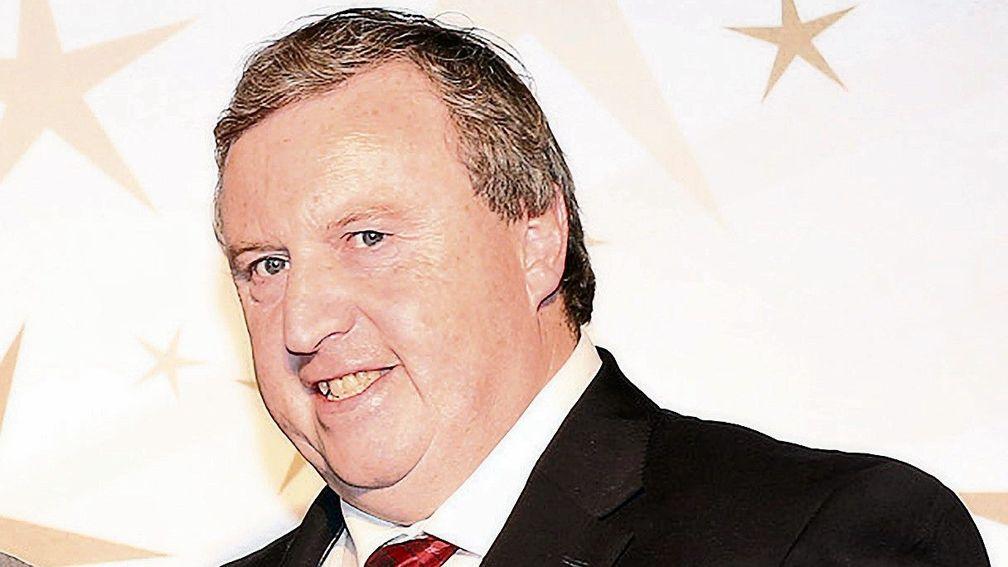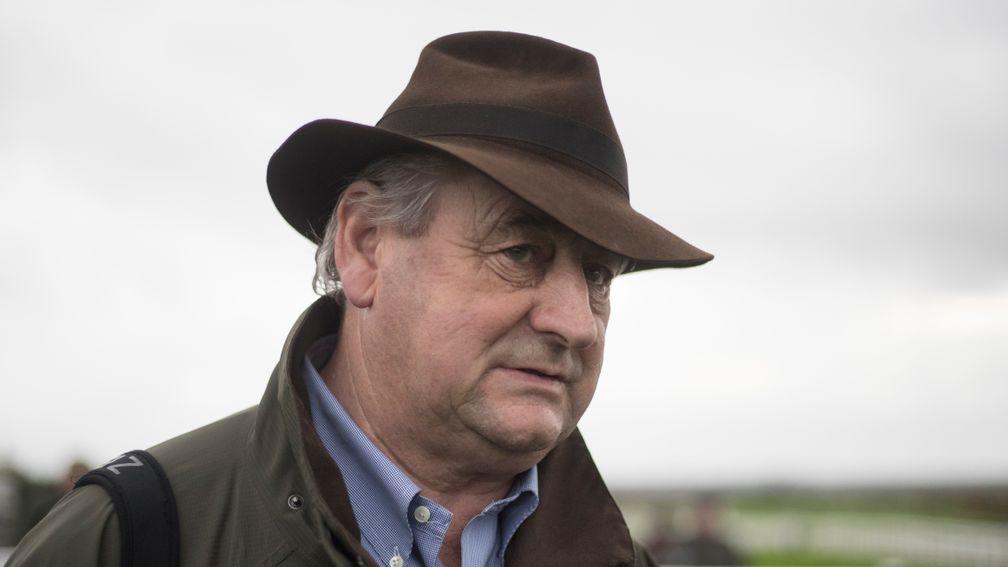Equine Centre among options as HRI wants 'world-quality' lab for drug testing

Brian Kavanagh, HRI chief executive, has stressed Irish racing should have access to a "world-quality laboratory" for drug testing and indicated that developing the Irish Equine Centre accordingly will be among the options explored.
In the wake of the Irish Horseracing Regulatory Board's termination of its long association with BHP Laboratories in Limerick following the return of a false test for anabolic steroid methandriol at Roscommon on September 4, the regulator will send samples to the LGC lab in Newmarket while the procurement process is under way.
The likelihood is that any contract arising from the tender will result in a contract of around three years' duration.
LGC is one of five foreign labs that have been certified by the International Federation of Horseracing Authorities, and Kavanagh, who says a second tier of labs are expected to be certified shortly, feels the added cost of exporting all samples for testing is worth it.
'A long-term policy'
"The ambition is always to have the best-quality drug testing services available to Irish racing," he said. "Ireland must have access to a world-quality laboratory, and that is a number one priority for Horse Racing Ireland.
"You can contract that out or develop it yourself. The situation we have now allows us the time and the opportunity to put in place a long-term policy or overall strategy.
"You have to look at the cost overall but, in a way, with something like drug testing, the cost is a secondary issue. If you look at the volume of samples and racing, Ireland does generate a lot of samples.
"There are critical masses or levels of sampling for a lab to operate efficiently, and there can be efficiencies by grafting a service on to an already existing operating lab, as their marginal costs of doing further samples can be cheaper.
"But the tender process has been commenced for the shorter to medium term, and then that allows us space to look at the longer term."
In the HRI-commissioned 2015 report by Hong Kong anti-doping expert Terence Wan, it was recommended that at least 8,000 samples a year should be undertaken to achieve maximum efficiency.
The IHRB's 2017 integrity stats revealed that 4,094 horses were tested, and that number is expected to continue rising.
The Irish Equine Centre is a not-for-profit entity "whose aim is to protect the well-being of Ireland’s horse population". It is partly funded by HRI, while HRI also provides the IHRB with an integrity budget of €9.1 million.
"We contribute to the Equine Centre's funding and the drug testing services of the IHRB, so there is a logic in looking to see if there are efficiencies to be found," Kavanagh suggested.

Noel Meade, chairman of the Irish Racehorse Trainers Association, has reiterated that the false positive has caused "serious distress" for the Leinster-based handler in question, and called for the Equine Centre to be developed to the required level.
"It's no laughing matter when something like that comes up," Meade said of the false positive test, "because it's a threat to someone's livelihood. There have been a lot of anxious moments over it."
Of the IHRB's decision to sever ties with BHP following a mediation process that resulted in a payment of around €500,000 to the Limerick-based company, he added: "I'm sure that decision wasn't taken lightly, but if there have been irregularities occurring then it is time to change."
Meade welcomed the news that testing would be undertaken for now in an IFHA-certified lab, but reiterated his desire to see the Equine Centre developed.
'A lot of money'
"I look forward to the day when all that sort of stuff is done in the Equine Centre," he said. "I hope we get to that stage, because it's where it should be done in the first place.
"It would be better to invest in ourselves than invest in something abroad. It's obviously going to cost a lot of money to get the equipment and staff that are qualified to use it, but that's what the Equine Centre is there for."
It is estimated that getting the Equine Centre in Naas up to IFHA standard could cost around €20m and take up to five years.
Kavanagh did not want to pre-empt anything, but indicated the possibility would be explored at board level.
"The discussions in relation to the Equine Centre are already under way in terms of its future requirements to ensure it is a strong asset for the industry in relation to its functions as a diagnostic, research and disease surveillance facility and so on," he said. "There is significant investment required for that.
"The question of whether you graft a forensic service on to that isn't something that has yet been considered, but the current circumstance presents an opportunity to do that."
Published on inNews
Last updated
- Join Racing Post Members' Club for the very best in racing journalism - including Patrick Mullins' unmissable trip to see Gordon Elliott
- Racing Post Members' Club: 50% off your first three months
- Join the same team as Ryan Moore, Harry Cobden and other top jockeys with 50% off Racing Post Members' Club
- 'It’s really exciting we can connect Wentworth's story to Stubbs' - last chance to catch master painter's homecoming
- The jumps season is getting into full swing - and now is the perfect time to join Racing Post Members' Club with 50% off
- Join Racing Post Members' Club for the very best in racing journalism - including Patrick Mullins' unmissable trip to see Gordon Elliott
- Racing Post Members' Club: 50% off your first three months
- Join the same team as Ryan Moore, Harry Cobden and other top jockeys with 50% off Racing Post Members' Club
- 'It’s really exciting we can connect Wentworth's story to Stubbs' - last chance to catch master painter's homecoming
- The jumps season is getting into full swing - and now is the perfect time to join Racing Post Members' Club with 50% off